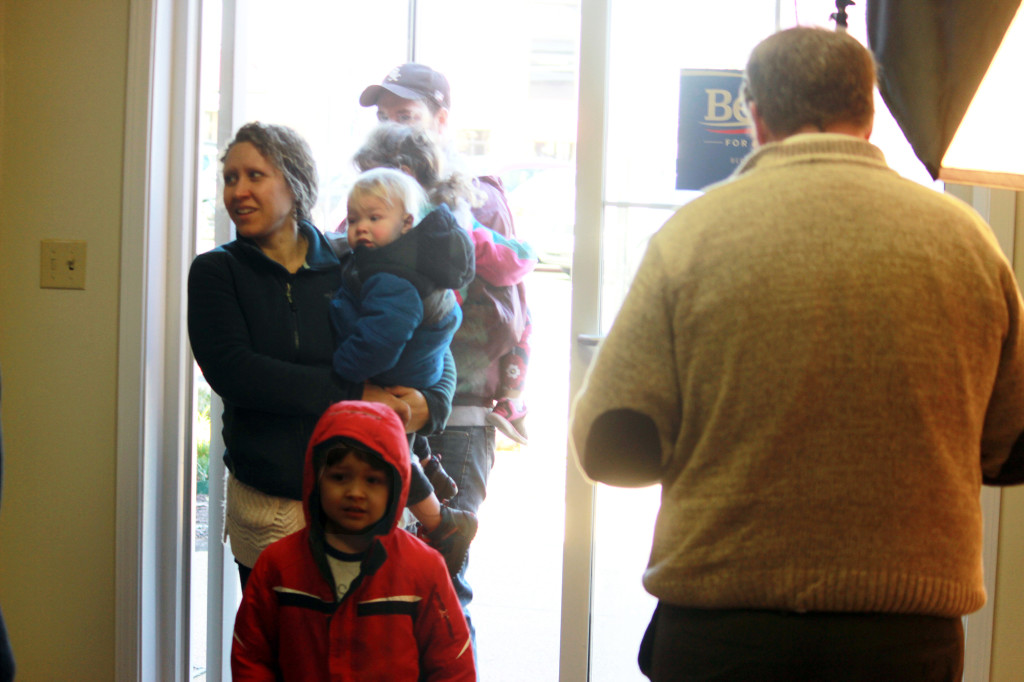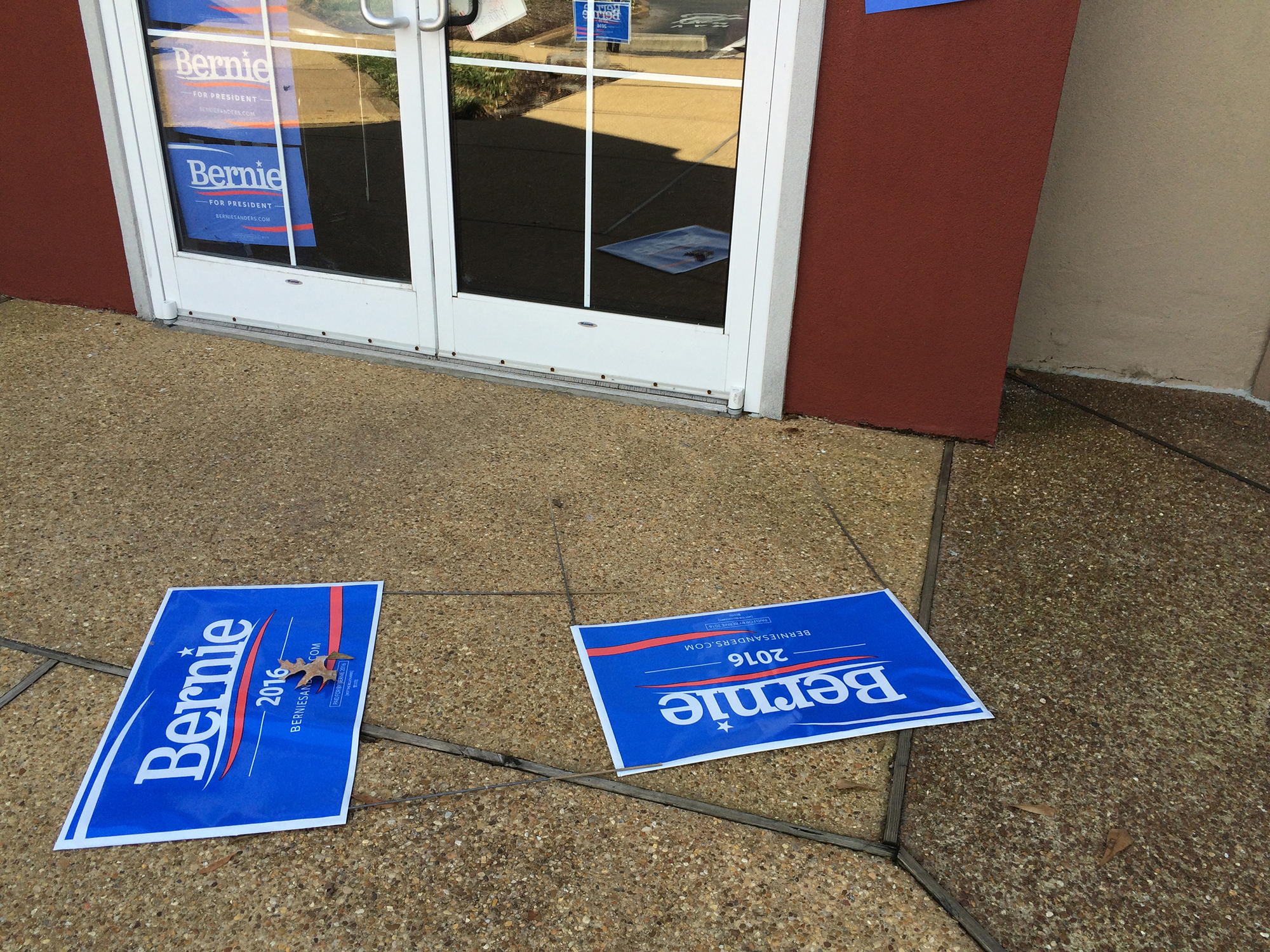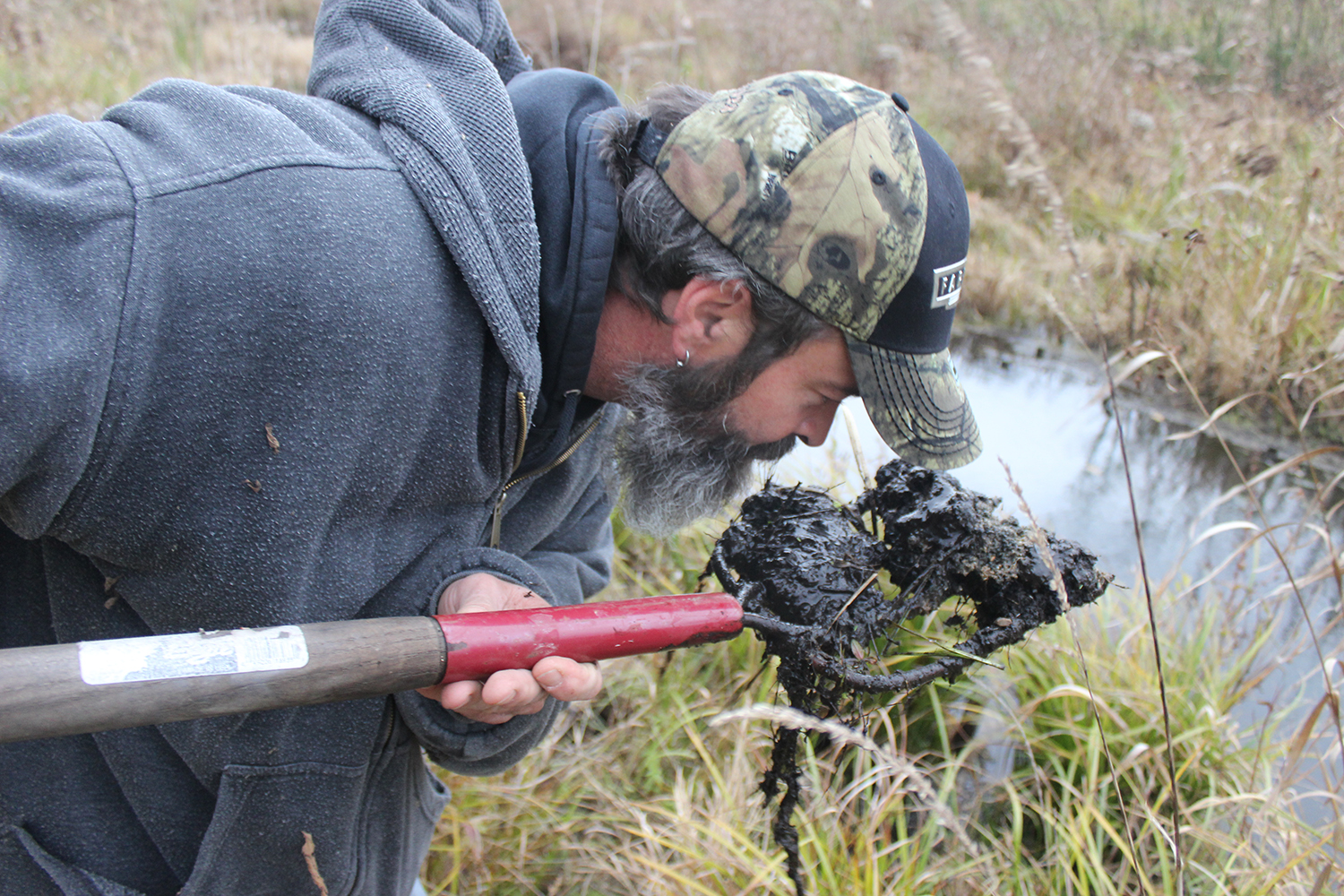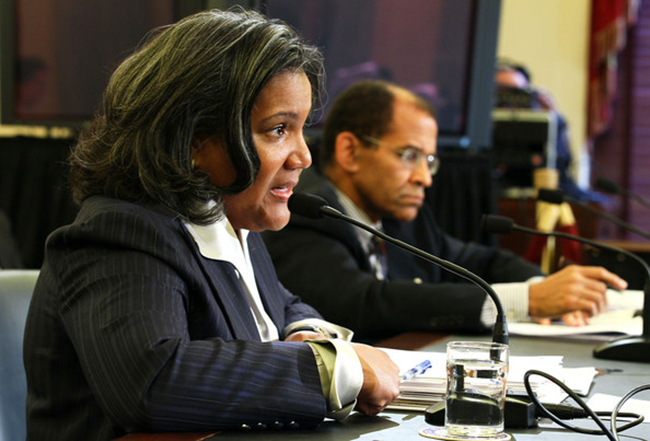Editor’s note: Since I started in newspapers in 1979 this is the first time I’ve been allowed to be actively involved in a political campaign. Not because I was un-interested but newspaper ethics wouldn’t allow it. My family couldn ‘t even have a yard sign. So when the Sanders campaign put out a call for volunteers in the run-up to the Tennessee primary, I answered.
©Scott Sines
Workin’ on the phone bank goin’ down, down
Grassroots activism is numbingly boring work. The auto-dialer on the phone bank spins and spins and spins. It spins so long that when a voice finally answers it startles you. You stumble through the script, record the results and wait for the next call. I could only do the phone bank for about 45 minutes at a time before my efficiency plummeted.
I made around 200 calls and talked to about 40 people. We had some political science students working in the campaign office who said that was right on average.
The only phone numbers available to the auto-dialer were all people who had expressed some kind of interest in Sanders but most of the people I talked to were undecided. Beyond that, I talked to 12 solid Sanders supporters and 8 Republicans who mostly favored Trump or just plain hated Hillary Clinton.
One Sanders supporter said she was a working mom and didn’t have time to volunteer for the campaign. Another tried to game the survey by asking me to count her whole family. They were all standing by and willing to come to the phone. One lady said she was wearing a Sanders t-shirt.
Of the eight Republicans I talked to seven wanted to argue with me even though I was reading from a script and instructed not to respond to criticism. One was an outright hater who wanted to know if there was any choice stronger than “Strongly Oppose.” I also had a guy scream DONALD TRUMP into the phone. He was at least entertaining.
The majority of the calls were hang-ups, wrong numbers or just unproductive. I talked to a lady who was 103 years old. After I verified her age she didn’t have much to say. She didn’t even know it was an election year. I ran across a couple of smart asses who would play along with the party line and then abruptly tell me to go to hell. Another guy tried the old “bad connection” bit and banged his phone hard on the desktop. I understand. Phone banker abuse is in my history.
Knock, Knock, Knockin’ on neighbors’ doors
Doorknockers work in pairs mainly for security reasons but it also helps on the sanity side as well. It was our job to go door-to-door and hand out pamphlets, remind people to vote, ask if Sanders could count on their support, and if yes, could they volunteer? We knocked on about 80 doors and talked to about 24 people.
I walked with Charles Uffelson a young fellow just about to graduate from the University of Memphis. He hopes to stay active in campaigns, go to law school, and then start a practice in the small West Tennessee town where he grew up. His family have been Democrats since “before we were the good guys.”
We were canvassing a largely young, very diverse mid-city neighborhood. It was a mix of students and young professionals, rental properties and entrepreneurial homeowners. Again we had specific addresses of homes that had expressed some interest in Sanders. I don’t have an exact breakdown of the 24 people we talked to but most were undecided or Sanders voters. We talked for quite a while with a Trump supporter who contrary to stereotypes was friendly and engaging. His argument was that for every Sanders liberal there needs to be a Trump conservative. I didn’t ask his views on government gridlock.
Many times we could tell someone was home but chose not to answer the door. It’s like a hang-up call on the phone bank. Anytime we saw a Sanders bumper sticker we put one of our pamphlets under the windshield wiper. The whole approach seemed a little like preaching to the choir to me, but I guess if you can get the fence sitters to go vote then it’s worth the effort.
The people we met were unfailingly friendly whether they were on the sidewalks or the other side of a barred door. (The dogs not so much.) If you’ve always thought it was easier to be rude over the phone than it is in a face-to-face conversation, I can confirm it’s true.
The campaign office was largely empty. Most of the volunteers were outside knocking on doors or working polling stations. Still there was a steady of flow of people in and out picking up more pamphlets, yard signs, bumper stickers, and buttons. There were boxes of pizzas and plenty of water.
CNN’s live stream was projected on a wall and a small band of phone bankers kept getting more and more radical by the call. It was Game Day. Humor turned to witty sarcasm. On Super Tuesday game day fever was boiling over.
Before Election Day, if a phone banker got a Trump supporter on the line it caused a mild ripple of laughter. On Super Tuesday it was more like “Did you tell him where to stick it?” “What’s dumber than a Republican? Nothing!” Or, if they caught a Clinton supporter they’d mutter about how the Clintons sold the Democratic Party down the river… ‘Don’t ask, don’t tell,’ Free Trade, the Clinton Foundation, speaking fees, trust issues, etc. They were loaded for bear.
One young lady got so caught up in all the game day fervor that when she got a text about a totally unrelated, routine land-use decision by the city she burst into a long, loud string of profanities. The Lefties were raising hell even if it was in an empty office.
My door-knocking comrade Charles Uffelson gave the group a pep talk and said how we were redefining what it means to be a New Democrat. Only he didn’t say what this new Democrat looked like. I tried to catch him to ask but he was hustling off to another round of door knocking.
He was slippery as a salmon when he got back to the office. I didn’t care. I was determined to nail him down. You can’t just drop a line like ‘defining a New Democrat’ and not explain it. So I pressed him to tell me more about this New Democrat.
Instead of answering the question he expressed an open mistrust of journalists that I totally understand. After 36 years in journalism in positions from a photographer/reporter to a managing editor, I know we journalists are, at times, our own worst enemies.
In a direct shot at me he said he was not at all impressed with baby boomers and recounted several of the many sins my generation has visited on the country. I can humbly appreciate his skepticism and directness even if he never wins a Mr. Congeniality contest.
I circled right back to the question and leaned hard on him to explain this New Democrat. He described a politically active person who embraced a combination of New Deal idealism (unemployment relief, economic and financial reforms) combined with progressive stances on current issues such as pay equality, campaign reform and affordable higher education. This New Democrat is more issue-driven than party-driven. The irony that a baby boomer who is also a journalist, two demographics he openly disrespects, helped him clarify his view of the future of his party is nothing less than rich.
His views echo what I heard from my fellow phone bankers and door-knockers, most of them 18-30 years old, most of them first-time voters and volunteers. They were drawn to involvement because Sanders’ issues are their issues. They are eager to engage and are willing to work for a candidate who is opening new conversations on pay equality and climate change. They feel that if there were less big money in politics the system would work better and be more trustworthy.
A New Democrat? Maybe. But it could be more than that; it could be the new face of grass-roots activism.


















